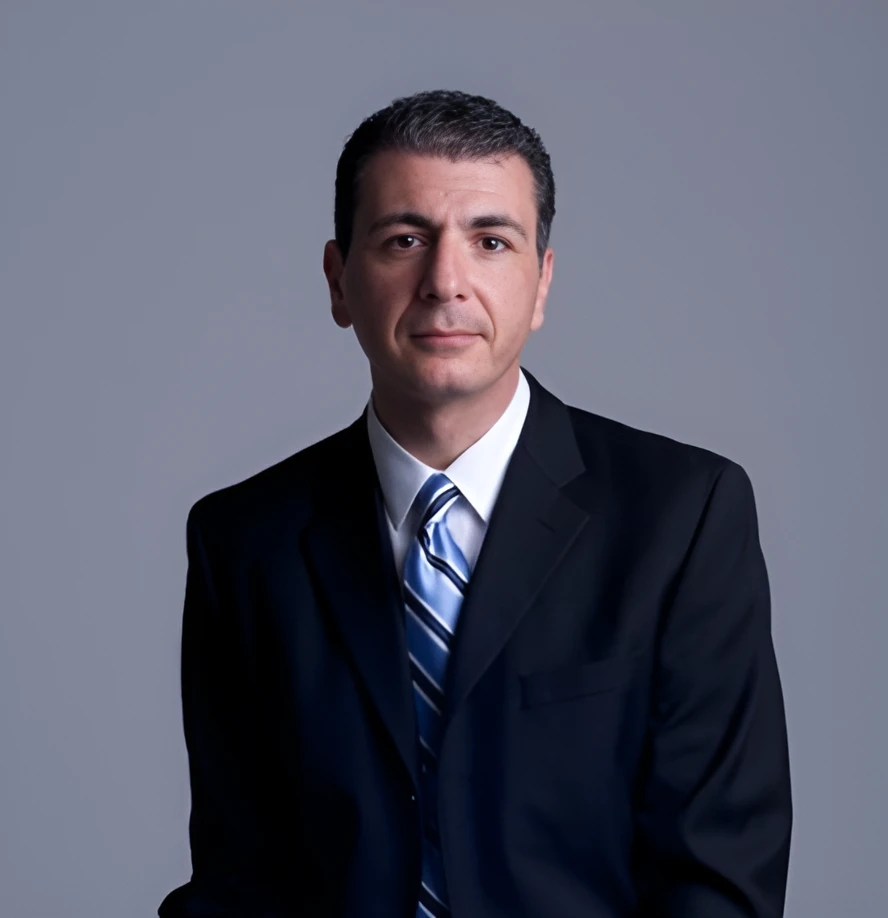Reconciliation: Moving Past Divorce
Reconciliation holds the potential for transformative healing. After separation and during the divorce process, you likely have become angry, resentful, and hostile towards your spouse. When our relationships become threatening, such as a damaged marriage relationship, we protect ourselves by forming a negative image of the other person. This negative image helps us live on with our lives, without experiencing psychological disintegration. In other words, if I believe my spouse is at fault and a horrible person, life is more bearable. As a result, our view of the event, relationship, and all the negative beliefs we use to help us cope become embedded in our minds.
Your spouse’s views, ideas, and beliefs which were clever and wise are now simple-minded and faulty. What used to be unique and special about your spouse is silly and foolish. Your thoughts continue to deepen as a reaction to your anger and even hostility toward your spouse. Amidst this, the possibility of "reconciliation" may provide a path to healing, allowing for a fresh perspective and the potential for rebuilding what was lost.

During this process:
During this process, We avoid looking at our contribution to the failed relationship. When we hurt, we distance ourselves. Part of the divorce is the very physical separation between yourself and your spouse. This physical separation makes it very difficult to hear any disconfirming information about your spouse. Your ex-spouse can no longer explain his or her beliefs, attitudes, or actions because you are no longer together.
Instead, you are surrounded by others who will likely encourage your beliefs, attitudes, and actions, not those of your spouse. You seek out friends and family to reassure you that it was in fact your spouse’s fault. The more you process your view, the more your view, even if it is faulty, becomes a part of your reality.
Although this behavioral pattern is comfortable, it leaves you with a painful past and an inability to create a new lasting future. You must decide whether you wish to reconcile your relationship with your ex-spouse so that you can co-exist in a mutual understanding of what went wrong. In the dissolution of your marriage, you might have been at fault, your ex-spouse at fault, or, more likely, a combination of both your behaviors. You must be completely honest with yourself and identify your responsibility for the failed marriage.
Have you misused your marriage relationship causing your spouse to suffer? Have you been hurt because your spouse violated your trust? First, you need to be responsible for any harm you caused your spouse. If, on the other hand, you were the one that was faulted, you need to acknowledge your pain and hurt but with the specific purpose of letting it go. If you want to reconcile and have a healthy future, you can no longer be a victim. Be honest about the areas in which you have harmed your spouse and the areas you have been hurt. Consider speaking with a friend or a counselor to help you through this process.
To Complete the Reconciliation process:
To Complete the reconciliation process, you really need to work with your spouse, who will also have to go through these steps. If he or she is willing, then you will be ready to discuss your discoveries, acknowledge your hurt, and if at fault for any behavior, ask for forgiveness.
If your spouse will not agree, you will still receive the benefit of forgiving yourself, and your spouse and releasing yourself to a positive future through the first step of the reconciliation process.
At San Jose Counseling, Invia A. Betjoseph, LMFT, CSAT is a specialized couple’s counselor. He is well known and respected in the Bay Area, including Sunnyvale, CA. He specializes in marriage and couples counseling and has a gift for helping those where addictions, affairs, or other serious issues plague the relationship. Don’t let these or any other issues get the best of your relationship. It’s time to take the first step for couples counseling or marriage counseling. Let us help you take your relationship and make it great.
If you would like to know more about how our couples counseling and marriage counseling services can help you contact us for more information.


